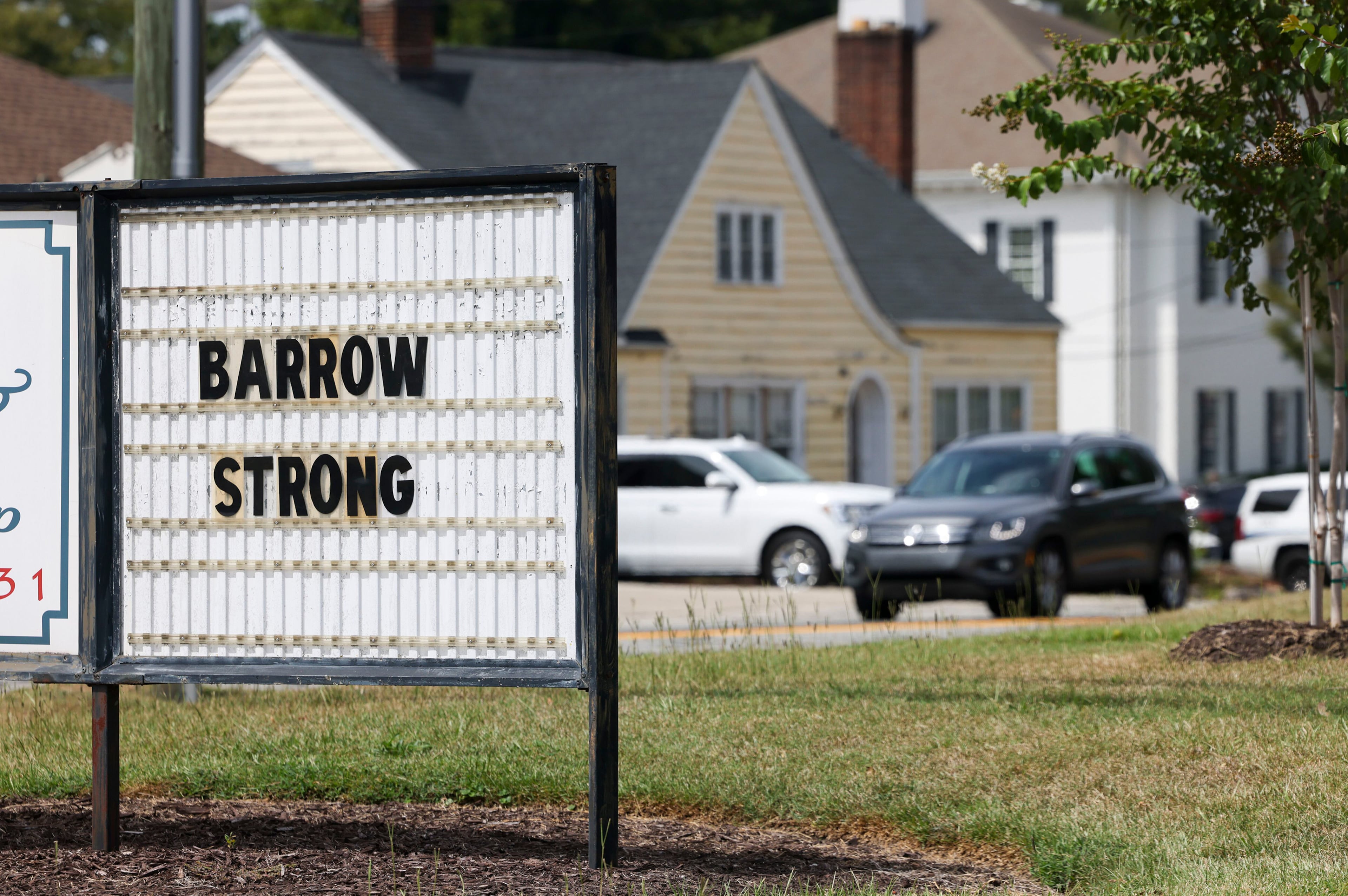Federal court strikes down Biden’s student loan forgiveness plan
A federal judge in Texas on Thursday declared President Joe Biden’s student loan forgiveness plan unlawful and vacated the program.
U.S. District Judge Mark Pittman issued the order in response to an October lawsuit filed by two plaintiffs against the U.S. Department of Education.
The White House said the U.S. Department of Justice has appealed the ruling.
“We will never stop fighting for hardworking Americans most in need – no matter how many roadblocks our opponents and special interests try to put in our way,” said White House Press Secretary Karine Jean-Pierre in a written statement.
Biden announced his plan in August, but another federal court last month issued a temporary stay blocking debt cancellation while legal issues raised in a separate suit by six conservative states are reviewed.
The president wants to eliminate up to $10,000 in federal student loan debt for borrowers with an annual income of less than $125,000 or households with an annual income of less than $250,000. Pell Grant recipients would receive up to $20,000 in forgiveness.
The plan could cost an estimated $400 billion, according to the Congressional Budget Office.
Just over 15% of Georgia residents have student loan debt, and the average borrower balance is $41,639, according to Education Data Initiative.
In the Texas case, one plaintiff did not qualify for debt help because her “loans are commercially held and not in default,” while her co-plaintiff did not qualify for full forgiveness because he was not a Pell Grant recipient, according to their lawsuit.
In his order, Pittman wrote that the program is “an unconstitutional exercise of Congress’s legislative power and must be vacated.”
He wrote that the program “is either one of the largest delegations of legislative power to the executive branch, or one of the largest exercises of legislative power without congressional authority in the history of the United States.”
He added: “The Court is not blind to the current political division in our country. But it is fundamental to the survival of our Republic that the separation of powers as outlined in our Constitution be preserved.”
The White House said Thursday that 26 million borrowers have submitted information to the education department to be considered for debt relief. About 16 million of those have received approval. The White House is not accepting new applications.
For those who applied for relief, Jean-Pierre said the White House “will hold onto their information so it can quickly process their relief once we prevail in court.”
By the numbers: Georgia and student loan debt
Here are some key numbers concerning student loan debt in Georgia:
1,639,600 — the number of borrowers who live in Georgia, which ranks seventh nationally.
$41,600 — the average borrower balance, which is third nationally, behind Washington, D.C., and Maryland.
15.4% — the percentage of Georgia residents with student loan debt.
9% — the percentage of Georgia borrowers in 2021 who had past-due accounts greater than 90 days. The national average is 8%.
70,700 — the increase in Georgia borrowers since 2016. Only Texas and Florida have had a larger increase in borrowers.
68,000 — the number of borrowers in Georgia who are 62 or older.
Sources: Federal Reserve Bank of New York Consumer Credit Panel/Equifax and Education Data Initiative.


